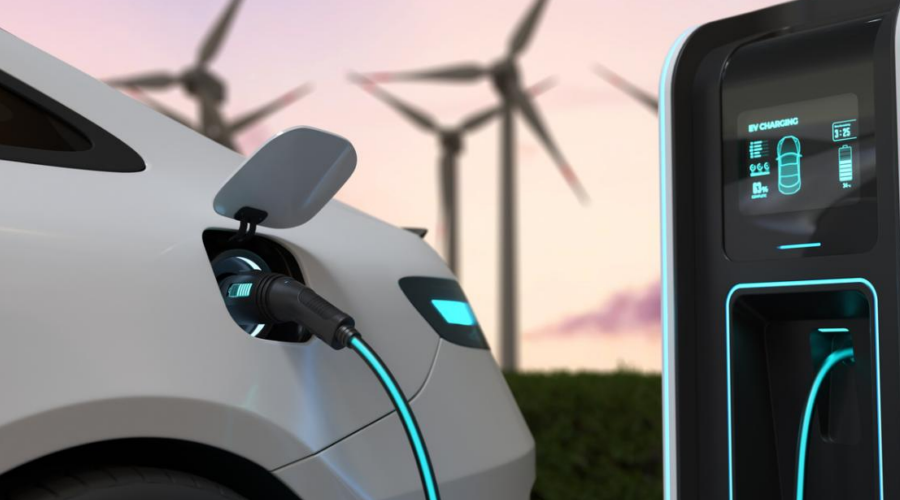With environmental concerns at the forefront of our minds, electric vehicles (EVs) have emerged as a game-changing solution to combat climate change and reduce our carbon footprint. EVs have gained popularity over the years due to their numerous benefits, including environmental friendliness, cost-effectiveness, and advanced technology. In this blog, we explore the advantages of EV cars and how they are transforming the automotive industry.
1. Environmental Sustainability
One of the most significant advantages of EV cars is their contribution to environmental sustainability. Unlike conventional gasoline-powered vehicles, EVs run solely on electricity, producing zero tailpipe emissions. By reducing greenhouse gas emissions, EVs play a crucial role in combating air pollution and mitigating climate change, helping us move towards a cleaner, greener future.
2. Lower Operating Costs
Electric vehicles are known for their cost-effectiveness in the long run. Although the upfront cost may be higher than traditional vehicles, EVs offer lower operating costs. Electricity is generally more affordable than gasoline, and EVs require less maintenance due to fewer moving parts. Over time, the savings on fuel and maintenance costs can make a significant difference in the overall ownership expenses.
3. Energy Efficiency
EVs are more energy-efficient compared to internal combustion engine vehicles. While traditional cars waste energy as heat during combustion, EVs convert a higher percentage of the electricity from the grid to power the wheels. This energy efficiency translates to increased mileage and a longer driving range on a single charge.
4. Quiet and Smooth Performance
Electric vehicles offer a quieter and smoother driving experience. Without the noise and vibrations associated with internal combustion engines, EVs provide a serene and enjoyable ride. The absence of engine noise also contributes to a reduction in noise pollution, benefiting both drivers and communities.
5. Incentives and Tax Benefits
Governments worldwide are encouraging the adoption of electric vehicles through various incentives and tax benefits. These can include tax credits, rebates, reduced registration fees, and access to carpool lanes, making EV ownership more appealing and financially advantageous for consumers.
6. Technological Advancements
The EV industry is driving technological advancements at a rapid pace. As the demand for EVs grows, manufacturers are investing heavily in research and development to enhance battery technology, charging infrastructure, and driving range. This progress not only benefits EVs but also fosters innovations in renewable energy and grid integration.
7. Reduced Dependence on Fossil Fuels
By transitioning to electric vehicles, we can reduce our dependence on fossil fuels, which are finite resources with significant environmental impacts. Embracing EVs helps diversify our energy sources and contributes to energy security.
Conclusion:
Electric vehicles are more than just a trend; they represent a sustainable and environmentally responsible future for the automotive industry. From reducing greenhouse gas emissions and air pollution to saving on operating costs, the benefits of EVs extend far beyond individual car owners. As technology continues to improve and the charging infrastructure expands, the transition to electric vehicles becomes an increasingly viable and crucial step in our journey towards a cleaner and more sustainable planet. So, let’s drive change together and embrace the electric revolution!





